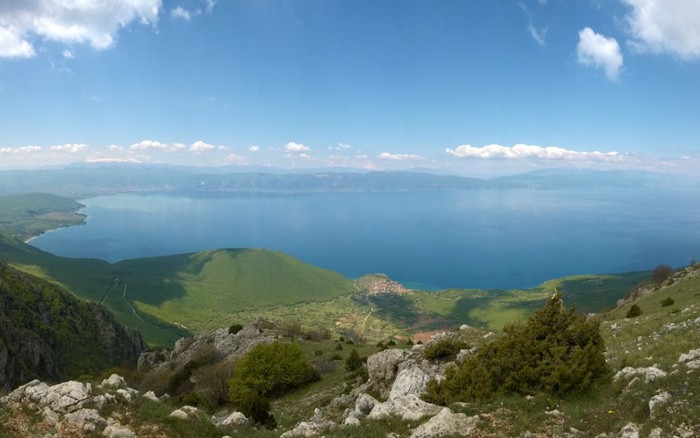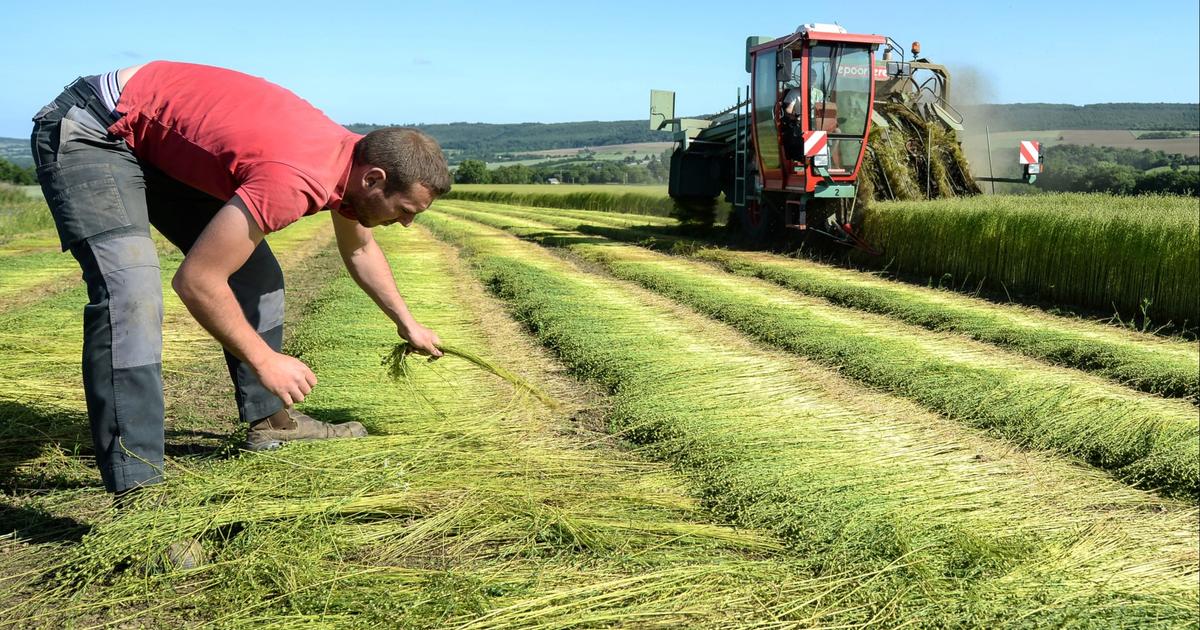(ANSA) - PISA, 19 OCT - The smaller and younger an ecosystem is, the more 'precarious' it is at the level of species that evolve and become extinct, the older it becomes, the more the species stabilize in number and longevity.
The definition of this biological model derives from a study on Lake Ohrid, on the border between Macedonia and Albania carried out by an international group of researchers including Giovanni Zanchetta of the Department of Earth Sciences of the University of Pisa.
The work was published in the journal Science Advances.
"Lake Ohrid is an incredible natural laboratory - explains Zanchetta - about 1.4 million years old and located on the border between Albania and the Republic of North Macedonia, it represents not only the oldest lake in Europe, but with its heritage of 300 endemic species is also the one with the greatest biodiversity ".
To study its evolutionary dynamics, starting from the moment of its formation, the researchers combined paleoenvironmental and paleoclimatic data with the analysis of over 150 species of fossil diatoms.
In particular, the University of Pisa contributed to the research with a detailed chronological reconstruction of the lake.
Thus a very precise evolutionary model emerged, it is explained.
A young and small-sized lake offers many ecological opportunities, but it is also particularly sensitive to climate change, water level and nutrient alleviations, from which it pinpoints precariousness, with species that evolve and become extinct.
When the lake gets progressively deeper and wider, the processes of speciation and extinction slow down rapidly.
According to the researchers, this stems from the fact that the ecological limit of the lake gradually becomes saturated and, at the same time, a larger ecosystem is more capable of buffering environmental and climatic changes.
(HANDLE).









